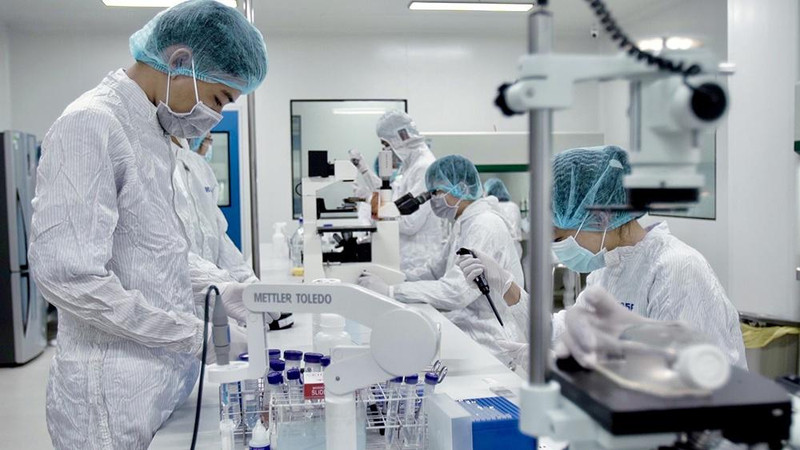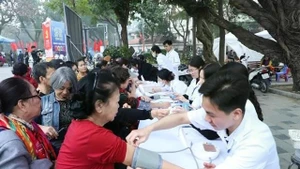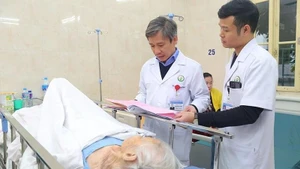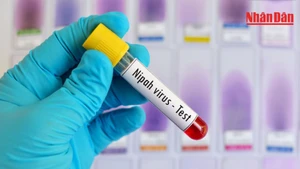The programme aims to meet demand for vaccines against communicable diseases in three areas. These include the expanded immunisation programme, vaccines used for service immunisation and for epidemic disease prevention and control.
By 2025, Vietnam will master technology to produce 10 types of vaccines, produce at least three vaccines, including 5-in-1 vaccine against diphtheria, pertussis, tetanus, Haemophilus Influenzae (Hib) and either polio or hepatitis B.
By the 2030, the country is expected to master production technology for 15 vaccine types and able to produce five types that are comparable to international-standard ones.
The programme suggested issuing mechanisms and incentives for vaccine research and production. This would be especially important for vaccines against newly-emerging, dangerous, and highly infectious diseases; combination vaccines and those against diseases unavailable in the expanded immunisation programme.
Regulations related to vaccine licensing, bidding, procurement, supply and use were also proposed.
Other suggestions include improving infrastructure to develop vaccine sci-tech and innovation centres, adopting new technology to produce vaccines against cancer, as well as combination vaccines.
More developments include human resources for vaccine research and production, expanding bilateral and multilateral cooperation with foreign countries, and studying a financial mechanism to ensure the right prices of vaccines for domestic use.
















